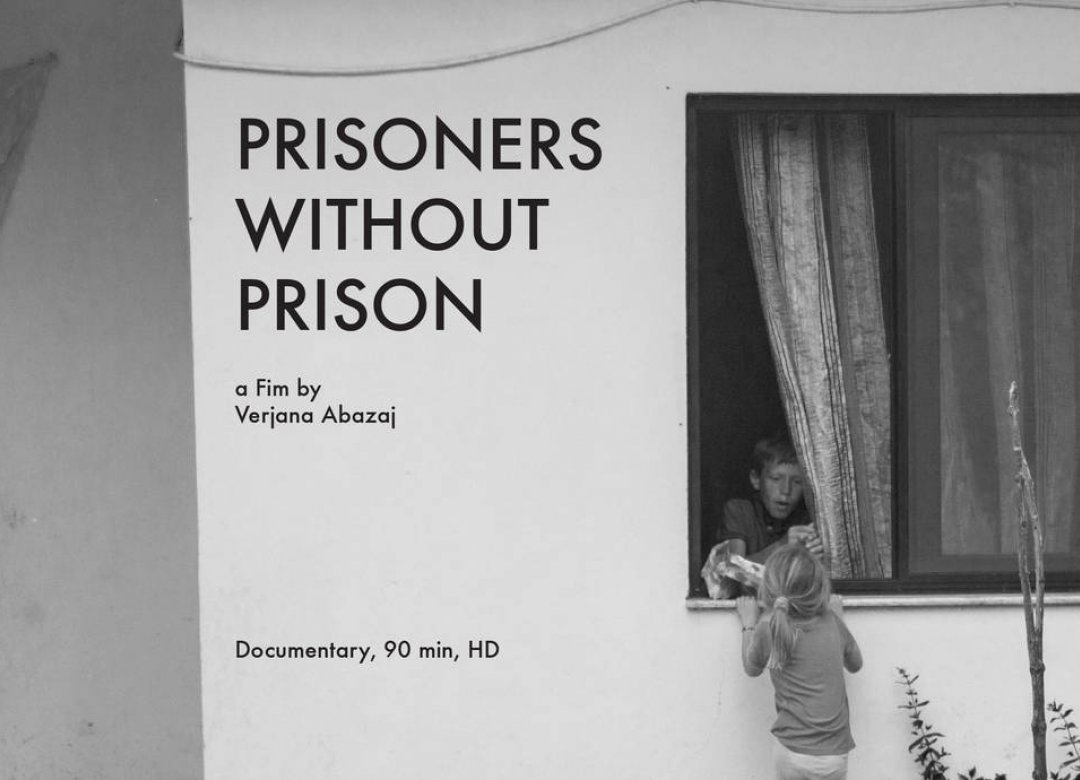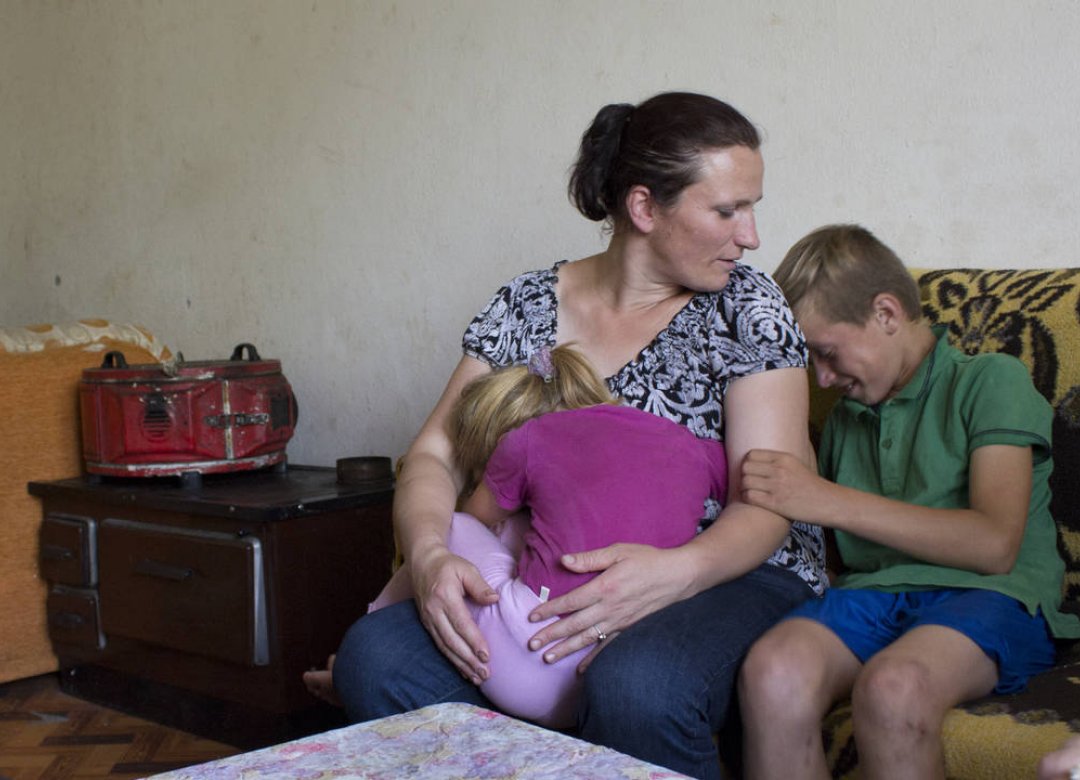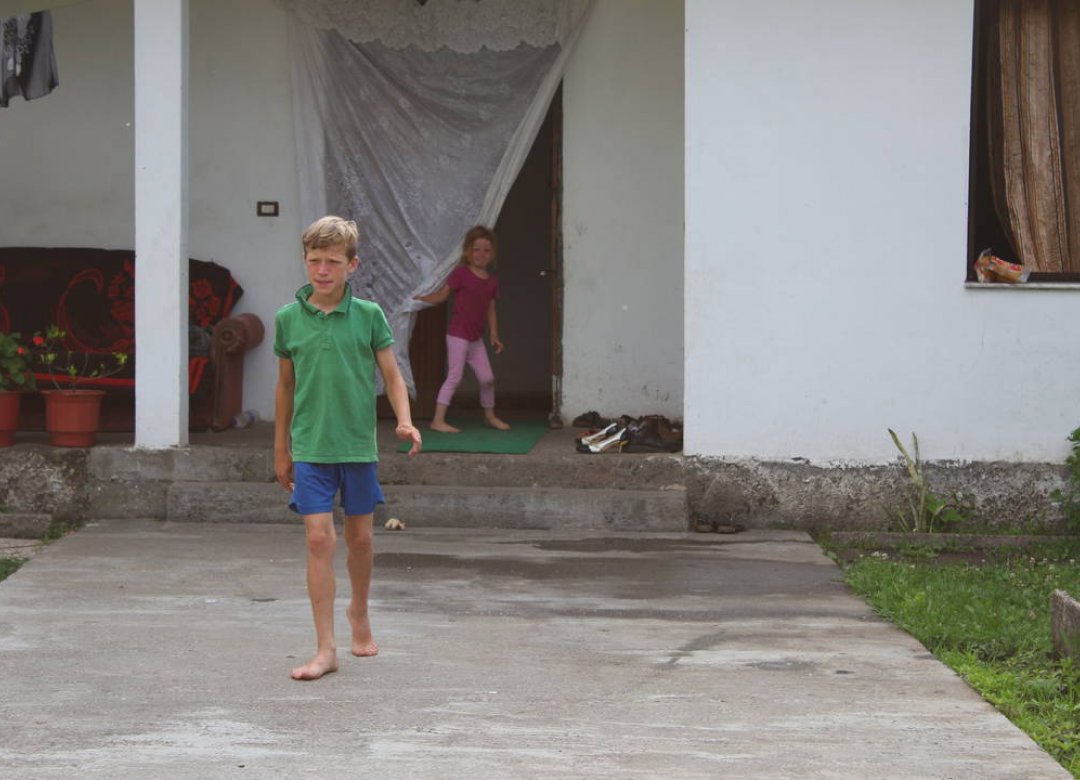Synopsis
Determined to end the cycle of isolation, fear, illiteracy and the poverty of her region, volunteer teacher Liljana defies local customs to bring education and food to those affected by a violent tradition, called Kanun Law. In the nearby villages to her home and school in Albania, even today in the 21st century many live under this 15th century “law”, which states that if a crime is committed, it doesn’t matter if the killer is in prison paying for the crime or has escaped from Albania: one of relatives should pay with their own blood. To protect all potentially targeted males in an entire family, they must stay inside, becoming prisoners in their own houses, the only place protected from Kanun Law.
Often on foot, she brings her skills and warmth to isolated families. For the children she is the only connection to the wider world. According to the written Kanun Law, women and children are exempt of revenge. However the Law has also been passed on orally and each family interprets it in their own way. Teacher Liljana thinks that education and government intervention are the solution to this problem. It’s for that reason that she commits to teaching the children in their own homes. In order to allow them to attend exams, Lijana has requested the opposing families to enact a besa, a truce that puts a hold to the violence, a temporary amnesty that would allow children to graduate and come back home alive.
Liljana’s work is riddled with grieving. Some of her students have been shot. Others are in jail for having killed while defending the family honor. All of them live in constant fear and isolation, a form of death itself. Kanun Law is persistent, but so is Liljana.
Often on foot, she brings her skills and warmth to isolated families. For the children she is the only connection to the wider world. According to the written Kanun Law, women and children are exempt of revenge. However the Law has also been passed on orally and each family interprets it in their own way. Teacher Liljana thinks that education and government intervention are the solution to this problem. It’s for that reason that she commits to teaching the children in their own homes. In order to allow them to attend exams, Lijana has requested the opposing families to enact a besa, a truce that puts a hold to the violence, a temporary amnesty that would allow children to graduate and come back home alive.
Liljana’s work is riddled with grieving. Some of her students have been shot. Others are in jail for having killed while defending the family honor. All of them live in constant fear and isolation, a form of death itself. Kanun Law is persistent, but so is Liljana.
Articles

12. 3. 2016
East Doc Platform Awards Winners 2016 Overview
On Saturday, March 12, after the East European Forum pitching, the award ceremony took place at East Doc Platform in Prague. Each of the nine awards should support the winning project
read more
Gallery


